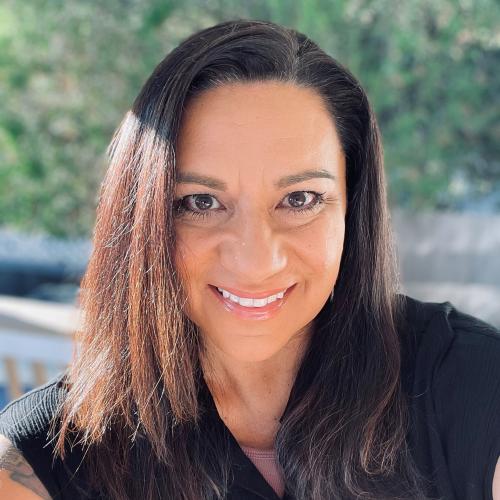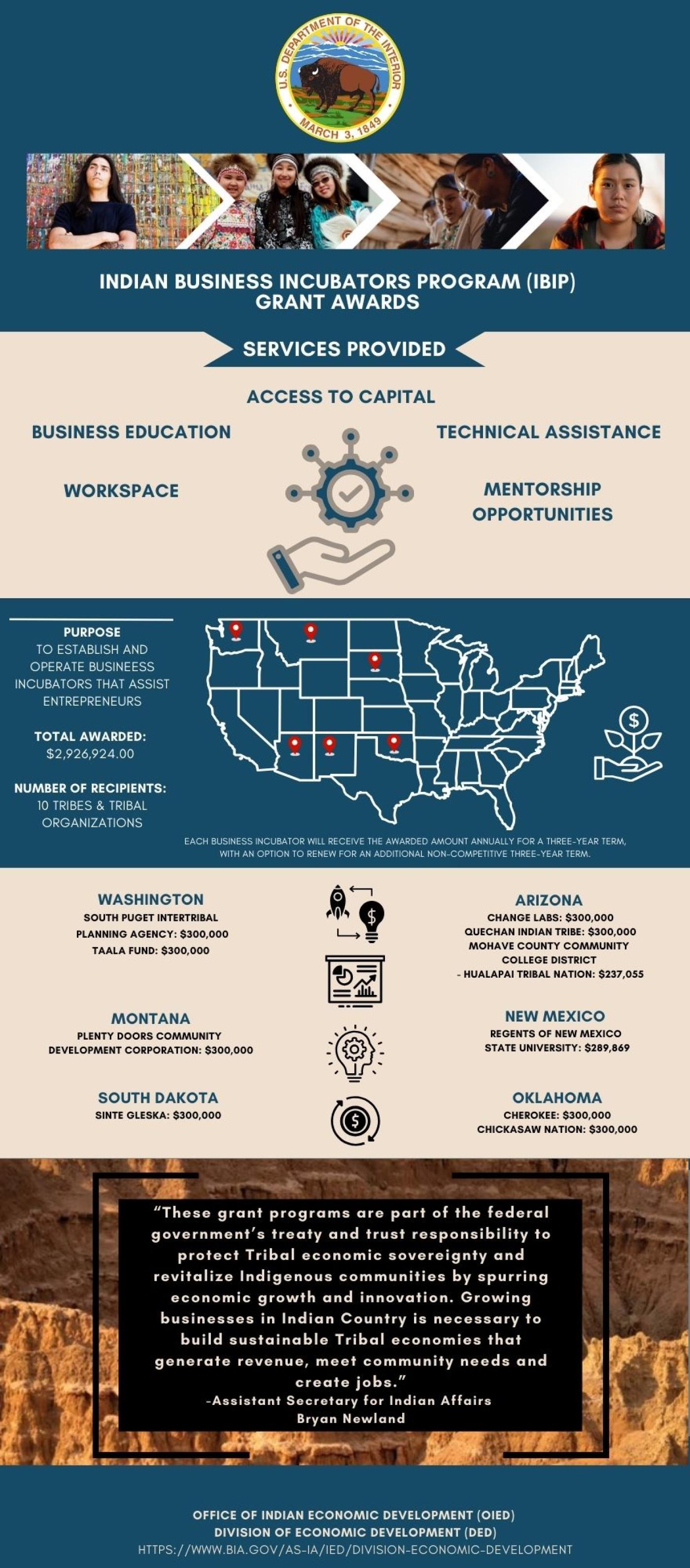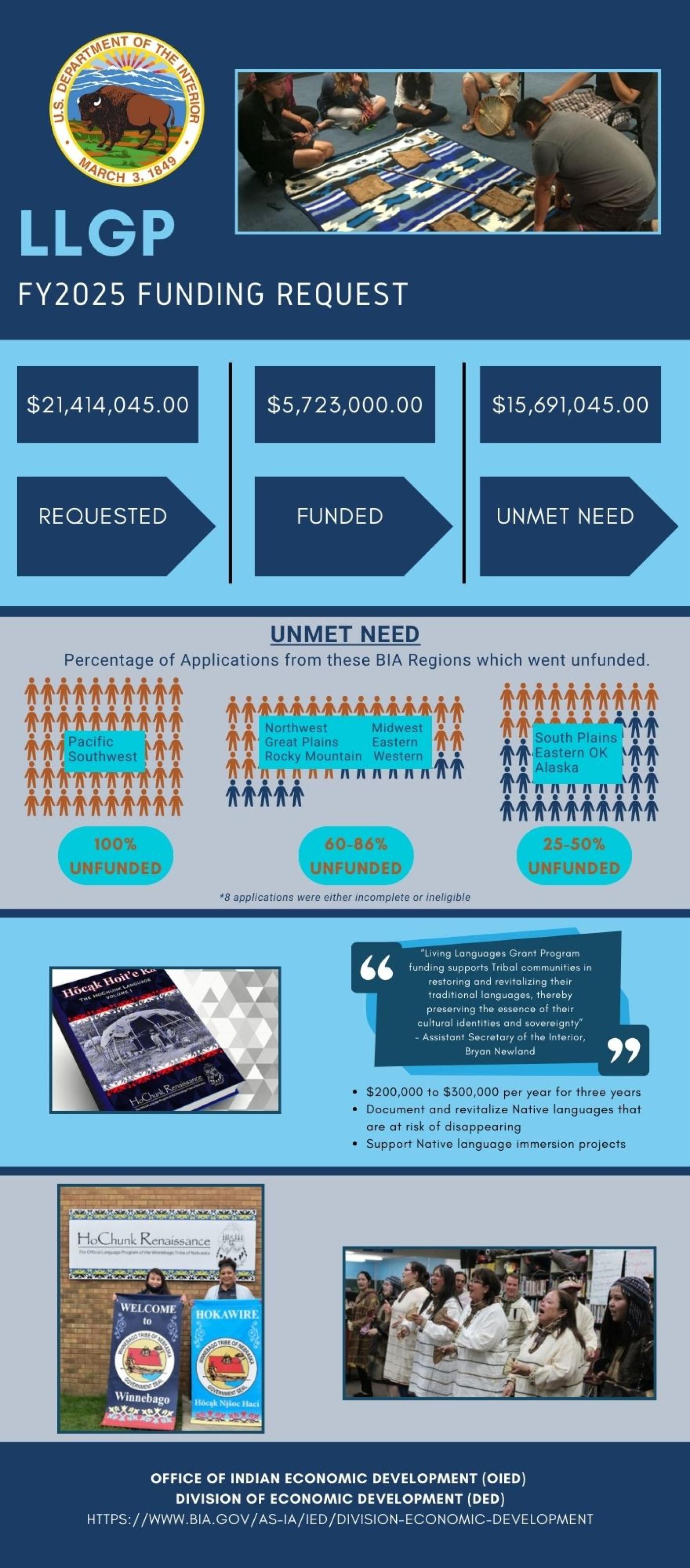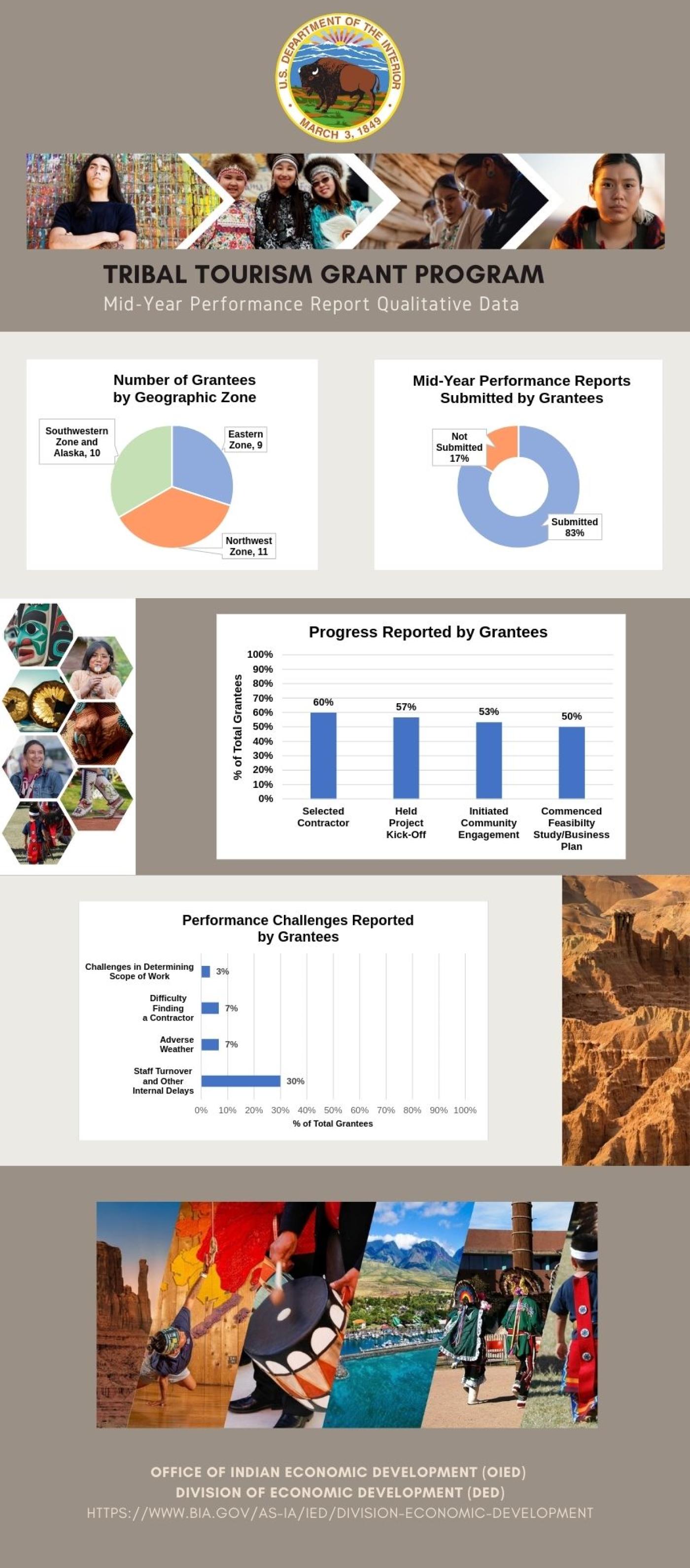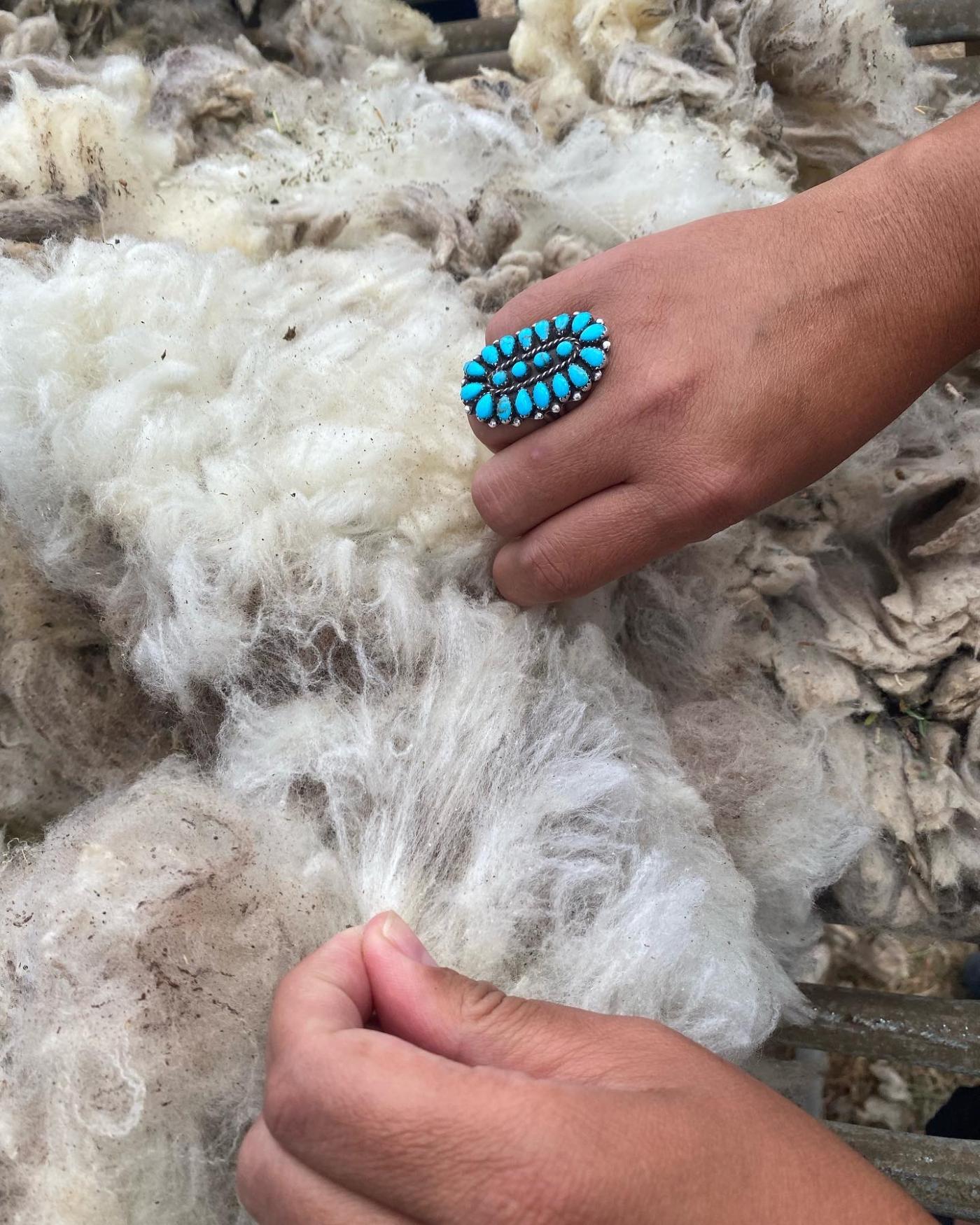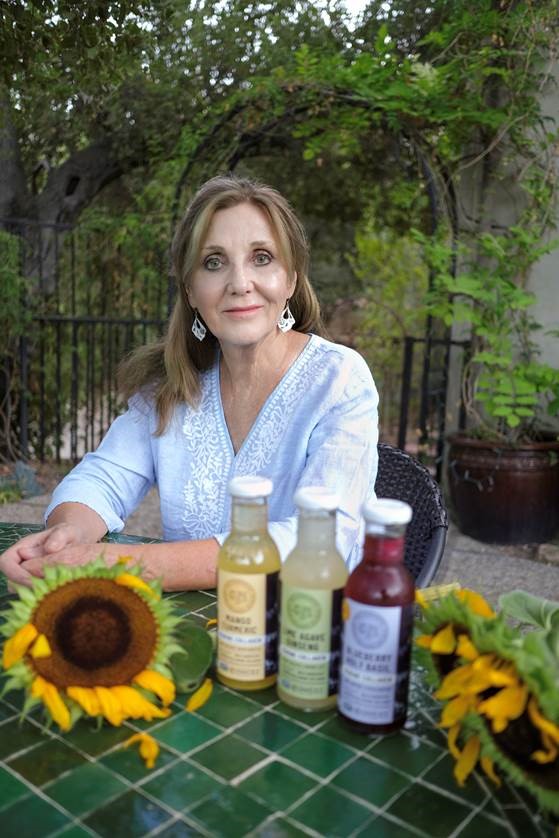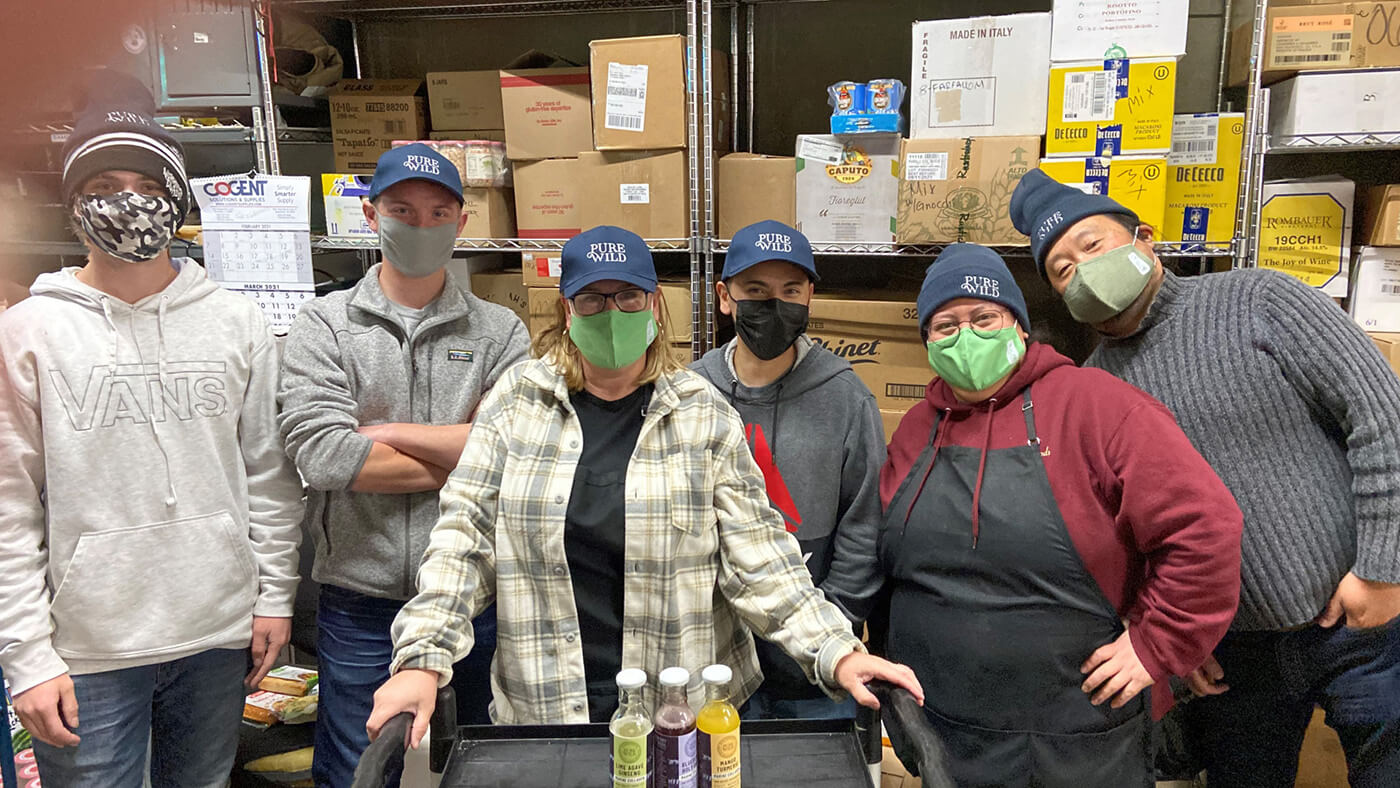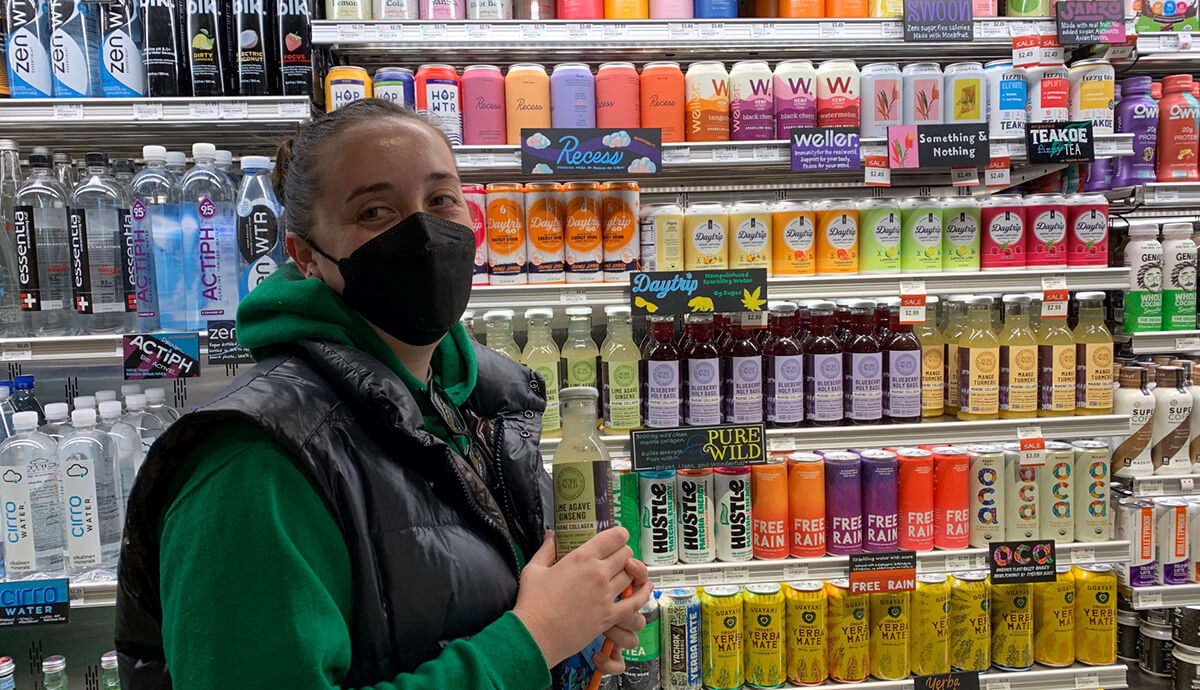ILGP Overview
Through ILGP, the Division of Capital Investment (DCI) helps American Indian and Alaska Native (AI/AN) tribes and individuals get reasonable interest rates and overcome challenges to conventional financing, while also reducing the risk to lenders with the financial support of the federal government.
For over 45 years, the Indian Loan Guarantee and Insurance Program (ILGP), has helped to reduce the risk to lenders who offer loans to American Indian and Alaska Native (AI/AN) tribes and individuals through the financial support of the federal government. Our Division of Capital Investment (DCI) manages the program and can provide up to a 90% guarantee or insurance for loans. The loans provided by ILGP are not offered through the Small Business Administration (SBA). For information about SBA-guaranteed loans, please visit the SBA website.
For Borrowers
Most lending institutions, including Community Development Financial Institutions, may obtain a guarantee or insurance, provided they regularly make and evaluate business loans. Credit unions are generally not eligible to become ILGP approved lenders. Non-bank lenders (such as insurance companies, leasing agencies, and private wealth funds) that otherwise meet ILGP’s standards are eligible to access guarantees, but not insurance since they are not financial institutions.
Lenders must sign a Loan Guarantee Agreement or a Loan Insurance Agreement with ILGP before they can participate.
Loans may be used for a variety of purposes including:
- Operating capital
- Equipment purchases
- Acquisition and refinancing
- Building construction and lines of credit
A lender must ensure that a business entity is qualified and only apply for a loan guarantee or obtain loan insurance when it would not otherwise approve the borrower’s loan application.
If the loan will be used for refinancing, construction, renovation, or demolition work, there are additional requirements.
All required information can be provided using the lender’s own forms, along with a commitment letter from the lender to the borrower that states the loan amount, purpose of the loan, the interest rate, the schedule of payments, the security, and the terms and conditions of the loan.
Lending Limitations
The following types of businesses are ineligible for ILGP loans:
- Casinos
- Smoke shops
- Vape shops
- Businesses whose substantial purpose is to cultivate, prepare, package, transport, distribute, or sell tobacco or vaping products
- Breweries, wineries, or distilleries making products with over 20% alcohol by volume
- Brothels or other businesses involving prostitution
DCI will provide no more than a 90% guarantee or insurance for loans.
The maximum loan amount guaranteed for individuals is $500,000, but we’re able to guarantee loans of greater amounts for tribes, tribal enterprises, or business entities, subject to program and policy limitations.
Loan insurance, primarily for loans of $250,000 or less, is at the discretion of the lender. If a lender believes loan insurance is justified to offer the best lending terms, it can simply make the insured loan and submit the Notice of Insured Loan Form to DCI afterward.
Interest Subsidy
ILGP also offers interest subsidy payments for certain loans, which is a discretionary payment made to a lender for the benefit of a borrower whose projected or historical earnings are below the industry norm. A lender may request interest subsidy as part of a loan guarantee request.
To see the latest Indian Financing Act rate, visit TreasuryDirect's Monthly Interest Rate Certification page, click on the link for the current month and view table 6 for "Other Specific Legislation."
Lenders whose interest subsidy request has been approved must submit an Interest Subsidy Report to DCI on a quarterly basis.
Interest Subsidy Reporting Forms
Loan Default Process
- Submit Notice of Default and Claim for Loss forms to DCI to evaluate the claim for loss and send appropriate payment to the lender on its claim.
- Upon payment of the claim for loss, the lender will then complete the Assignment of Loan Form to assign the loan to DCI who will either work on a settlement with the borrower, or the case will be referred to the Department of Justice and/or the Department of Treasury.
Loan Default Forms
For Lenders
Eligibility
To qualify for a loan through the program, you must be:
- An individual who is an enrolled member of a federally recognized AI/AN tribe or group
- A federally recognized AI/AN group
- A corporation, limited liability company, or other business entity with no less than 51 percent ownership by federally recognized AI/AN individuals
Loans may be used for a variety of purposes including operating capital, equipment purchases, acquisition and refinancing, building construction, and lines of credit.
Additionally, borrowers must be projected to have at least 20% equity in the project being financed and the project must benefit the economy of a reservation or tribal service area.
Limitations
The following types of businesses are ineligible for ILGP loans:
- Casinos
- Smoke shops
- Vape shops
- Businesses, a substantial purpose of which is to cultivate, prepare, package, transport, distribute, or sell tobacco or vaping products
- Breweries, wineries, or distilleries making products with over 20% alcohol by volume
- Brothels or other businesses involving prostitution
The maximum loan amount guaranteed for individuals is $500,000, but we’re able to guarantee loans of greater amounts for tribes, tribal enterprises, or business entities, subject to program and policy limitations.
The Indian Loan Guarantee and Insurance Program (ILGP) reduces the risk to lenders who offer loans to American Indian/Alaska Native (AI/AN) tribes and individuals with the financial support of the federal government.
Our Division of Capital Investment (DCI) manages the program and can provide up to a 90 percent loan guarantee for lenders.
Borrowers are not required to complete any government forms to participate in the program.
We accept applications throughout the year. You should receive a confirmation email from us within 5 business days after you submit your application.
To Apply
What You Need To Apply For A Loan Guarantee
All applicants must complete the Indian Affairs Form RG110 and sign a Loan Guarantee Agreement with ILGP before they can participate. Lenders must also provide standard documentation that is required of all lending institutions.
ILGP also offers interest subsidy payments for certain loans, which is a discretionary payment made to a lender for the benefit of a borrower whose projected or historical earnings are below the industry norm. A lender may request interest subsidy as part of a loan guarantee request.
To be considered for the program, you must submit all required information. If your application is incomplete, we will inform you and provide an explanation of what needs to be completed. You must then resubmit a completed version.
Fees
There is no cost to apply for lenders, but the Department of the Interior and Indian Affairs are not responsible for application preparation costs.
Submit Online
Applicants are required to submit completed proposal application packages via email to the appropriate DCI zone office.
Steps
- Make an inquiry by contacting the DCI zone office where the borrower’s business is located. Find zone information.
- To apply for a loan guarantee, the approved lending institution must sign a Loan Guarantee Agreement and complete Indian Affairs Form RG110. Those required documents should be submitted to their designated DCI zone office along with standard documentation that is mandatory for lending institutions. This will likely include a complete loan application, an independent credit analysis of the borrower’s business and collateral, and a recent, original credit report from a nationally recognized credit bureau, according to requirements established by 25 CFR §103.12.
Next Steps
You’ll receive a confirmation email from us within 5 business days after submitting your application materials.
Approval Process
- An initial review is conducted by a DCI zone manager.
- After passing the initial review, the DCI credit committee conducts its review and determines whether the application will be approved or rejected.
- If approved, DCI prepares the Conditions of Approval and Guarantee Certificate, which is submitted to the DCI division chief for final approval.
- The signed Conditions of Approval and Guarantee Certificate is then sent to lender.
Additional Information
Most lending institutions, including Community Development Financial Institutions, are eligible to obtain a guarantee or insurance, provided they regularly make and evaluate business loans. Credit unions are generally not eligible to become ILGP approved lenders. Non-bank lenders (such as insurance companies, leasing agencies, and private wealth funds) that otherwise meet ILGP’s standards are eligible to access guarantees, but not insurance since they are not financial institutions.
Read more about eligibility and lending requirements for lenders.
Downloads
What You Need To Apply For Loan Insurance
Lenders are required to sign a Loan Insurance Agreement with ILGP before they can participate.
Loan insurance, primarily for loans of $250,000 or less, is at the discretion of the lender. If a lender believes loan insurance is justified to offer the best lending terms, it can simply make the insured loan and submit the required documentation needed to inform DCI at a later time.
Submit Online
Steps
- Make an inquiry by contacting the DCI zone office where the borrower’s business is located. Find zone information.
- Lenders must first send a signed Loan Insurance Agreement to their designated DCI zone office before they can participate.
- They will then submit the Notice of Insured Loan Form to the same DCI zone office.
Next Steps
You’ll receive a confirmation email from us within 5 business days after submitting your information.
Additional Information
Most lending institutions, including Community Development Financial Institutions, are eligible to obtain a guarantee or insurance, provided they regularly make and evaluate business loans. Credit unions are generally not eligible to become ILGP approved lenders. Non-bank lenders (such as insurance companies, leasing agencies, and private wealth funds) that otherwise meet ILGP’s standards are eligible to access guarantees, but not insurance since they are not financial institutions.
Read more about eligibility and lending requirements for lenders.
Downloads
Resources
- Loan Guaranty, Insurance and Interest Subsidy Regulation: 25 CFR Part 103
- Read Our Guide for Individual Borrowers
- Read Our Guide for Tribes, Tribal Enterprises or Indian-Owned Businesses as Bor…
- Tribal Consultation on the Indian Loan Guarantee and Insurance Program: Slide D…
Borrower Success Stories
Tourism
- THREE WOLVES CHARTERS: tourism, boating, and whale-watching in Hoonah, AK
- ALASKA PARK LLC: valet airport parking service in Anchorage, AK
- THE HOTEL SANTA FE: luxury and Pueblo traditions in downtown Santa Fe, NM
- GLACIER PEAKS HOTEL: modern amenities and suites in Browning, MT
- WATERWORKS PARK: tourist amusement and seasonal employment in Redding, CA
- DIMOND CENTER HOTEL: modern hotel accommodations near downtown shopping in Anchorage, AK
- X'UNA KAAWU ANNEE CORP.: a new dock and building renovations supporting outreach and tourism on Chichagof Island, Hoonah, AK
- From the Archives: Featured in 2017, The F/V Pacific Rooster, Qainault, WA
Community Services
Utilities and Housing
Food Service
Retail
- PUREWILD CO.: producing bottled marine collagen drinks in Durant, OK and Ojai, CA
- KOI PRINTING AND MINUTEMAN PRESS: printing press franchise in Rohnert Park, CA
- ARXOTICA INDIGENOUS BEAUTY PRODUCTS: family beauty business using natural Arctic botanicals in Bethel, AK
- COYOTE VALLEY CONVENIENCE STORE: supplies, fuel pumps, and a drive-through in Redwood, CA
- GLACIER FAMILY FOODS: grocery, deli, and bakery supplies in Browning, MT
- BAYVIEW GENERAL MERCHANDISE INC.: retail necessities in remote Toksook Bay, AK
- ROSEBUD ECONOMIC DEVELOPMENT CORP. (REDCO): propane service, grocery store, and more in Mission, SD
- From the Archives: Featured in 2018, HydroHoist, Claremore, OK
Multi-Use Developments
Industry
From the Archives: Featured in 2016, Tomco-Harwel Industries Inc., Tulsa, OK
For Lenders
Most lending institutions, including Community Development Financial Institutions, may obtain a guarantee or insurance, provided they regularly make and evaluate business loans. Credit unions are generally not eligible to become ILGP approved lenders. Non-bank lenders (such as insurance companies, leasing agencies, and private wealth funds) that otherwise meet ILGP’s standards are eligible to access guarantees, but not insurance since they are not financial institutions.
For Borrowers
To qualify for a loan through the program, you must be: an individual who is an enrolled member of a federally recognized American Indian and Alaska Native (AI/AN) tribe or group; a federally recognized AI/AN group; or a corporation, limited liability company or other business entity with no less than 51% ownership by federally recognized AI/AN individuals.
Borrowers must have at least 20% equity in the project being financed and the project must benefit the economy of a reservation or tribal s

